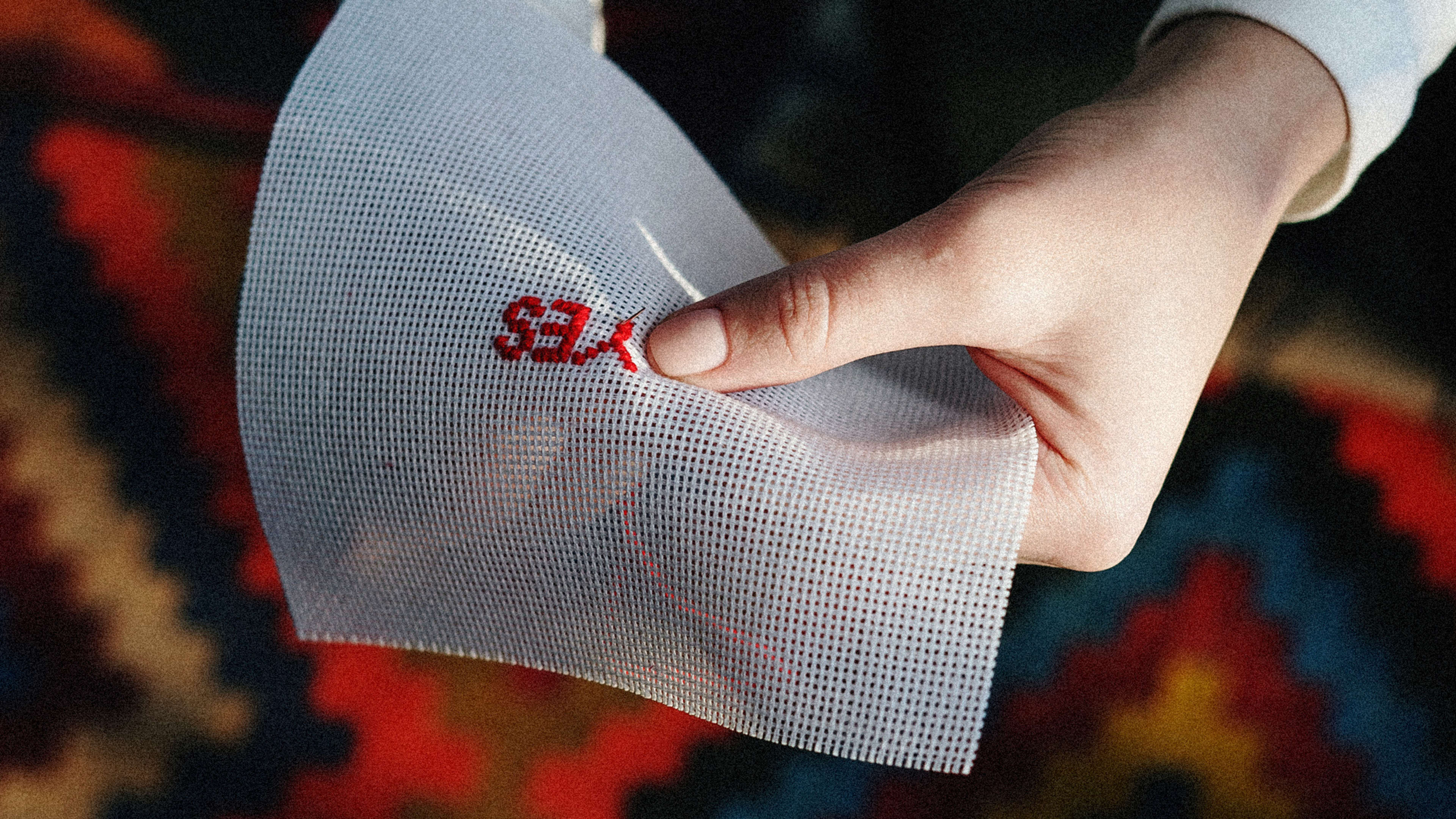A few years ago, if you asked me to do something, I would say “yes” without hesitation.
Dog sit for a week? Sure! Help you with a project? Of course! Read your manuscript in 24 hours? Absolutely.
It was an “auto-yes” I couldn’t control. I was a classic people-pleaser; too afraid to say “no” out of fear of disappointing someone, missing an opportunity, or steering into a confrontation.
An enthusiastic “yes!” saved me from the imaginary wrath of someone else’s feelings, but it sent me into my own tailspin. Too often, after saying “yes” I’d realize that I actually didn’t want to do that task, didn’t have the free time to, or would need to cancel plans to fit it in. It left me feeling overcommitted, stressed, and resentful—yet I still kept saying “yes.”
Part of me hoped the people in my life would recognize the pressure they put on me and chill on the requests. Not surprisingly, this didn’t pan out. When you naturally default to yes, people have difficulties knowing your boundaries because they have no clue you’re overtaxing yourself with commitments.
I realized I had to take my people-pleasing problem into my own hands. The first thing I realized I needed to work on: my response time. Or, in this case, the time I was not giving myself to make a response. Answering “yes!” right away gives you no time to think about your wants or needs.
With practice, I learned how to embrace what I call a “3-second yes” and nix my “auto-yes.” It’s made all the difference. Now, when I say “yes” it’s an authentic “yes,” not one that requires backpedaling and a “so sorry but…” excuse later.
Here’s How a ‘3-Second Yes’ Works:
When your go-to M.O. is being agreeable, saying no can feel next to impossible. But you can work up to it.
The next time someone asks you for something, make it your intention to wait 3 full seconds before saying yes. It might feel awkward at first, but this countdown will help your stress or nervousness settle.
Use this time to think through 3 very important questions before you say “yes”:
●︎ Do I really have the time?
●︎ Is this worth a yes?
●︎ What does my gut say?
Do I really have the time?
You know your availability better than the person asking you. You also know how you handle the stress of being pressed for time or spreading yourself too thin.
Think about what it means to prioritize yourself and only take on what you can rightfully handle. A simple “let me get back to you” could afford you the extra time of finding balance.
Is this worth a yes?
Consider what fitting in the request means for you. Think about your time, emotions, and the possible outcome of your decision—essentially a “cost-benefit” analysis.
Do the costs of saying “yes” outweigh the benefits of saying “no”?
Only you can answer this question, and it’s one that you should consider fully and answer honestly.
What does my gut say?
When faced with a decision to make, my body reacts strongly. It’s a little bit of nervousness (you need to answer!) and an inner knowing of my interest or lack thereof in doing what I’ve been asked.
When a request comes your way, notice how you feel. If it doesn’t feel right, you can pose a few follow-up questions for details to better lead your choice.
A 3-second yes is a more confident yes. You can still show up and help others, but you’re now doing so because you want to and mean it. The next time you feel on the spot, take a breath, and lean into the pause.
This article originally appeared on Shine and is reprinted with permission. You can download the Shine app here for daily self-care support, personalized to you. Explore meditations, articles, and more to help you calm your anxiety and feel more confident at work.
More From Shine:
5 lessons startup cofounders learn in their first 5 years
4 science-backed reasons to say your self-talk out loud
2020 made it okay to talk about our mental health. We can’t stop now
Recognize your brand’s excellence by applying to this year’s Brands That Matter Awards before the early-rate deadline, May 3.
